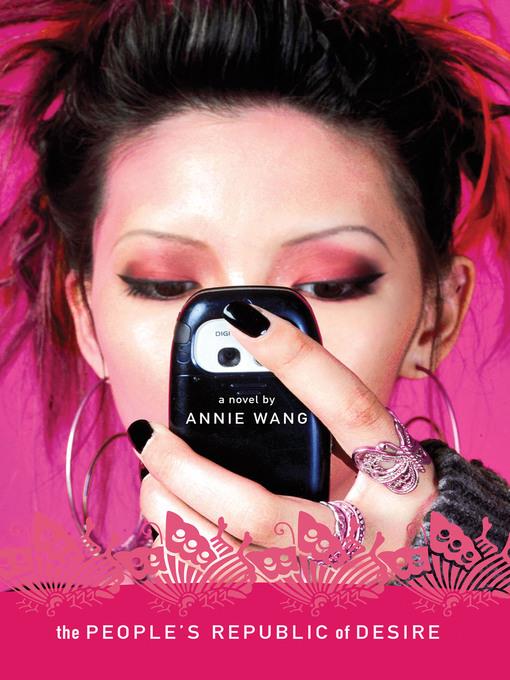
The People's Republic of Desire
کتاب های مرتبط
- اطلاعات
- نقد و بررسی
- دیدگاه کاربران
نقد و بررسی

February 13, 2006
As Wang reveals in intimate detail, today's affluent Beijing women—educated, ambitious, coddled only children enamored of all things Western—are a generation unto themselves. The hyperobservant narrator of this fascinating novel (after Lili: A Novel of Tiananmen
) is 20-something Niuniu, a journalist who was born in the United States but grew up in China and returned to America for college and graduate school. Now she's back in Beijing nursing a broken heart and discovering "what it means to be Chinese" in a money- and status-obsessed city altered by economic and sexual liberalization. Supporting Niuniu—and downing a few drinks with her—are her best buddies: entrepreneurial entertainment agent Beibei, sexy fashion mag editor Lulu and Oxford-educated CC. Sounds like the cast of Sex in the Forbidden City, but the thick cultural descriptions distinguish the novel from commercial women's fiction. A nonnative English speaker, Wang observes gender politics among the nouveau riche in careful, reportorial prose. Though Niuniu's romantic backstory forms a tenuous thread between the chapters, and the novel—based on Wang's newspaper column of the same title—doesn't finally hold together, this is a trenchant, readable account of a society in flux.

April 1, 2006
This follow-up to the author's last English-language novel, "Lili", reads like a version of "Sex in the City" except that the city in question is not New York but Beijing. The story is narrated by Niuniu, who like Wang is Berkeley educated and whose friends include Lulu, an executive editor of a fashion magazine; Beibei, the president of an entertainment company; and CC, a business manager with an international PR firm who has strong ties to the Hong Kong elite. In Niuniu's world, men who carry the MBA (married but available) label may search for one-night stands via the Internet, while younger, thinner, and more beautiful women vie for green cards and trophy-wife status. Fans of the chick-lit genre will appreciate the loosely bound vignettes about the licentious relationships of the characters sans the explicitness of the television series. But what makes this novel interesting is that while it may dispel certain stereotypes about life in China, it highlights the disparities between city and countryside. In addition, Wang doesn't shy away from politics. Like Carrie Bradshaw, she offers running commentary, showing that while communism still rules in China, this nation on the rise has still found room for Starbucks and the highly favored American-made SUV. A good choice for book groups; recommended for public and academic libraries with Asian literature collections and a possible candidate for chick-lit collections as well." -Shirley N. Quan, Orange Cty. P.L., Santa Ana, CA"
Copyright 2006 Library Journal, LLC Used with permission.

March 1, 2006
After attending college and graduate school in the U.S., the heroine of Wang's novel, a journalist also named Wang, returns to Beijing and finds her homeland dramatically changed. From Hong Kong to Shanghai, China has become a country utterly spellbound by status, celebrity, and sex. Wang and her three friends--comely fashion editor Lulu, brash entertainment executive BeiBei, and CC, a public-relations account manager equally obsessed with labels and love--regularly meet to dish and reveal details about the daily dramas in their lives. (For four cosmopolitan women, they are surprisingly dense about men.) While Wang's prose is pithy and wry, her short, staccato chapters often seem more like sound bites than social commentary. Among the best moments: her ruminations on Internet romance, metropolitan life, and the world's disparate definitions of beauty (what plays in Peoria doesn't play in Peking). Most chapters end with a list of lively Chinese phrases, from " toujizhe" (an opportunist) and " xingui" (nouveau riche) to " Lile Ma"? ("Have You Divorced Yet?"), a modern twist on saying hello that plays on a standard Cantonese greeting that translates to "Have you eaten rice yet?"(Reprinted with permission of Booklist, copyright 2006, American Library Association.)

























دیدگاه کاربران